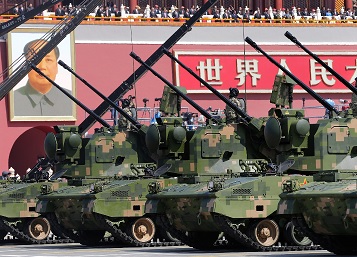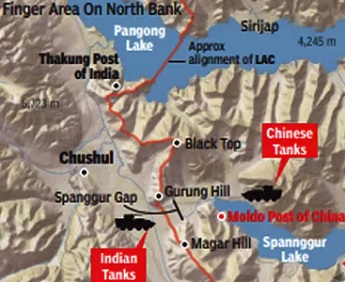 It is truly outrageous how the schools in the United States, and also in other countries, indoctrinate children with misrepresented arguments about slavery and racism. To top it all off, children's minds are filled with a sense of guilt and shame, while some others, depending on race, are flooded with an overwhelming resentment. As they grow-up, children and teenagers face new arguments at the level of higher education and, above all, at the university level, that undermine the truth about these scourges that humanity has suffered and still suffers.
It is truly outrageous how the schools in the United States, and also in other countries, indoctrinate children with misrepresented arguments about slavery and racism. To top it all off, children's minds are filled with a sense of guilt and shame, while some others, depending on race, are flooded with an overwhelming resentment. As they grow-up, children and teenagers face new arguments at the level of higher education and, above all, at the university level, that undermine the truth about these scourges that humanity has suffered and still suffers.
What we are experiencing in the United States, in particular, is a teaching method whereby teachers and scholars do not teach history with the objectivity that this subject requires, but transforming it as a message to induce contempt for America. Therefore, students are “taught” the lies contained on The New York Times’ “1619 Project” where they argue that the United States was founded to preserve and protect slavery, and stuffing them with such works as Robin DiAngelo’s “White Fragility.” DiAngelo is an education professor and —most prominently today— a diversity consultant who argues that whites in America must face the racist bias implanted in them by an extremely racist society. Their resistance to acknowledging this, she maintains, constitutes a “white fragility” that they must overcome.
Of course, the history student must know and delve into the events that marked the tragedies of slavery and racism throughout several centuries. And they must also analyze the influence that these events still have on human relationships nowadays. But the perspective of these tragic facts should encompass this and many other countries and regions of the World that were equally responsible for abuse, discrimination and cruel submission. In other words, if truth and moral clarity are to matter to teachers and academics, students must also learn that slavery was universal. They must learn that many slaves were sold to slave traders by Muslim-Arab groups in Africa and even by some black African tribes holding slaves from other tribes. In fact, slavery was a real and widespread fact as well among Native American Indians and Native South Americans who held captives from other tribes to do their dirtiest and heaviest works.
- Hits: 3689

 Huigh van Groot, conocido en idioma español como Hugo Grocio nació en Delft, cerca de Rotterdam, Holanda, el 10 de abril de 1583.
Huigh van Groot, conocido en idioma español como Hugo Grocio nació en Delft, cerca de Rotterdam, Holanda, el 10 de abril de 1583. proyecto que Martí veía con recelo, por pensar que podía servirle de instrumento de dominación regional al país anfitrión —el cual empezaba a surgir como una gran potencia— frente a las naciones del sur. Estas, pese a compartir una herencia común de lengua y tradiciones, se mostraban segmentadas y, en muchos casos, sujetas a regímenes dictatoriales o a oligarquías criollas que tenían los ojos puestos en Estados Unidos y Europa como modelos a imitar, con menosprecio de las poblaciones y tradiciones autóctonas.
proyecto que Martí veía con recelo, por pensar que podía servirle de instrumento de dominación regional al país anfitrión —el cual empezaba a surgir como una gran potencia— frente a las naciones del sur. Estas, pese a compartir una herencia común de lengua y tradiciones, se mostraban segmentadas y, en muchos casos, sujetas a regímenes dictatoriales o a oligarquías criollas que tenían los ojos puestos en Estados Unidos y Europa como modelos a imitar, con menosprecio de las poblaciones y tradiciones autóctonas.
